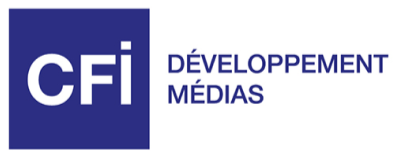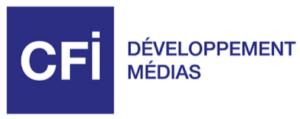Learning Objectives
Objective 1: Master the concept of conspiracy theory
Objective 2: Be able to link conspiratorial thinking to hate speech
Objective 3: Understand the role of media and information literacy (MIL) in combating conspiratorial thinking
Conspiracy Theories
Although not a new phenomenon, conspiracy theories have gained strong popularity in recent years, mainly through social media and the broader Internet.
Definition: A conspiracy theory is a narrative or theoretical discourse that appears coherent and “logical” and aims to demonstrate the existence of a small group of powerful people secretly planning illegal and/or harmful actions affecting events or seeking world domination.
Conspiracy theories differ from false information in that they involve a structured set of manipulated hypotheses and arguments supporting a particular theory. False information may sometimes support conspiratorial narratives, but it is not always linked to a theory.
Media and false information play a crucial role in amplifying the phenomenon. Distrust or suspicion toward the media increases belief in conspiracy theories, especially in countries where media are perceived as corrupt or politically influenced. False information often employs the same mechanisms as conspiracy theories (fear, manipulation of facts, etc.) and frequently targets the same topics.
Some well-known conspiracy theories:
- The Illuminati is a secret society including the world’s most powerful personalities
- The Earth is flat
- Humans never landed on the moon
- Yugoslavia’s breakup was caused by a conspiracy between Germany and the Vatican. Other localized theories exist, such as those on 5G, coronavirus, or vaccines.
Hate Speech and Moderation
Conspiracy theories are central to our relationship with information and society. They lie between prejudice, political views, beliefs, and can be closely linked to hate speech. Their spread can quickly create a conflictual environment, e.g., theories of a global Jewish conspiracy.
Definition: Hate speech refers to expressions of hatred through words, texts, sounds, or images that reject others and can incite hatred. Publicly shared, these expressions may encourage witnesses to adopt hatred, choose sides, and potentially escalate to violence—a phenomenon called incitement to hatred.
Based on stereotypes or false beliefs, these contents, coupled with a lack of critical thinking, lead to divisive speech and violence, portraying a scapegoated community as guilty and fueling paranoia.
Example: Romani populations often face discrimination and prejudice, described as dishonest or thieves, preventing access to skilled employment. They are twice as exposed to unemployment and often live in areas without running water.
Moderating hateful content on social media while promoting inclusive citizenship, media, and digital literacy can help prevent escalation into physical or moral violence.
Definition: Moderation involves removing, censoring, or punishing authors of hateful content. This can include violent comments, shared articles, videos, photos, infographics targeting a group, or private messages.
Combating Conspiratorial Thinking
Definition: Conspiratorial thinking is the tendency to present events or phenomena as the result of an organized conspiracy. It replaces usual explanations with hidden conspiracies with secret and unclear objectives.
Consequences:
- Generates hate speech
- Promotes adherence to unproven theories
- Fosters distrust and false beliefs, limiting debates
- Makes it harder for accountability and oversight efforts to expose real political wrongdoing or conflicts of interest
Ways to limit conspiratorial thinking:
- Regulating and limiting hateful content and false information (fact-checking, platform accountability, etc.)
- Developing critical thinking through media and information literacy to:
- Question conspiratorial reasoning: Are the proofs sufficient?
- Encourage vigilance without confusing caution with suspicion
- Channel critique, verify information logically, and take a step back to better understand the world


